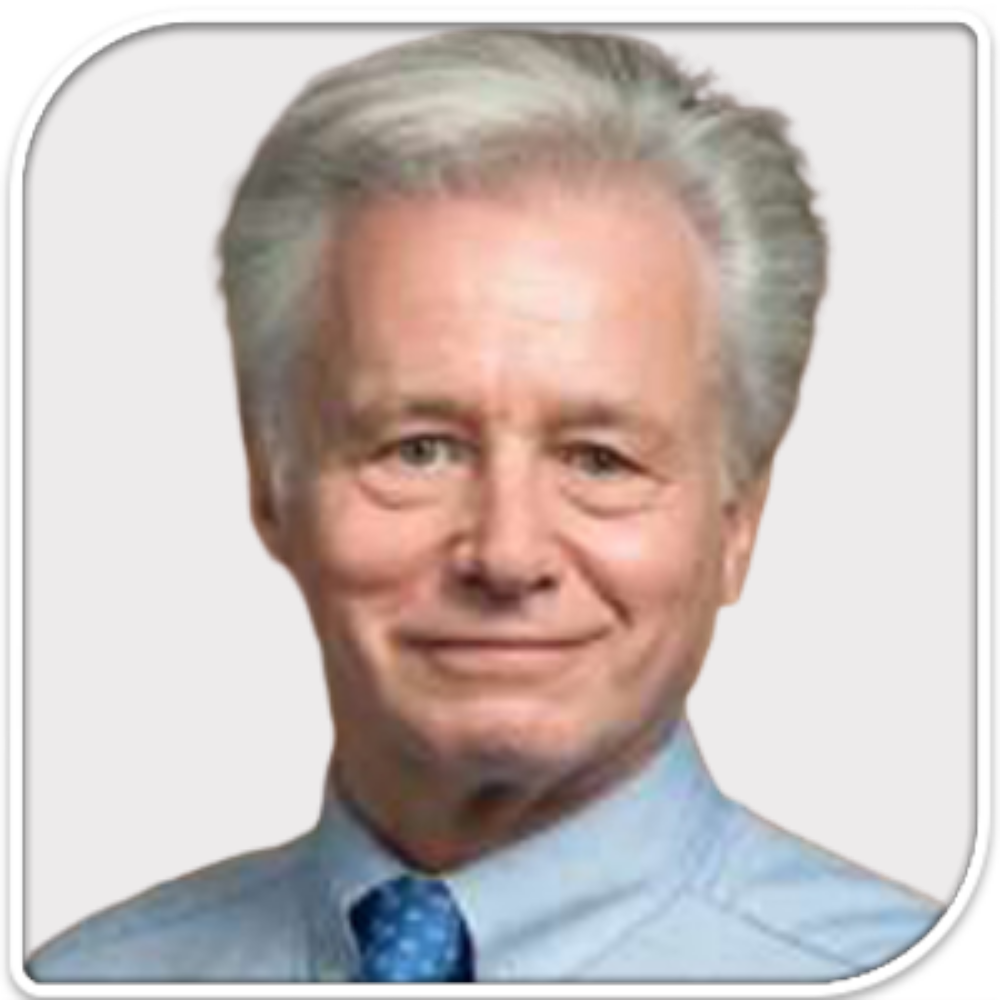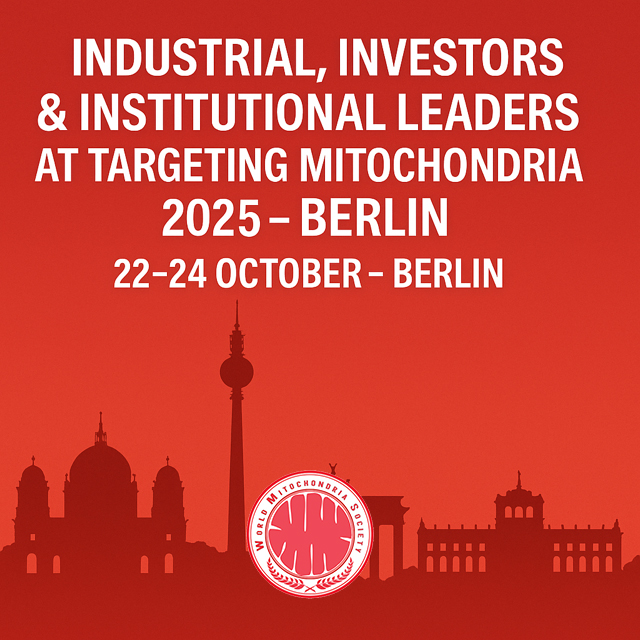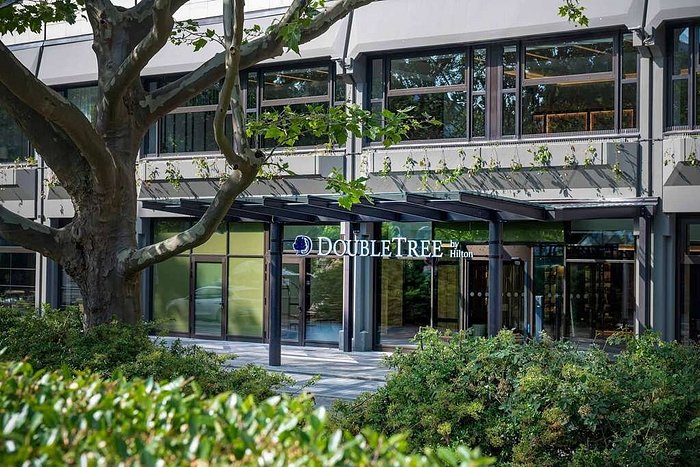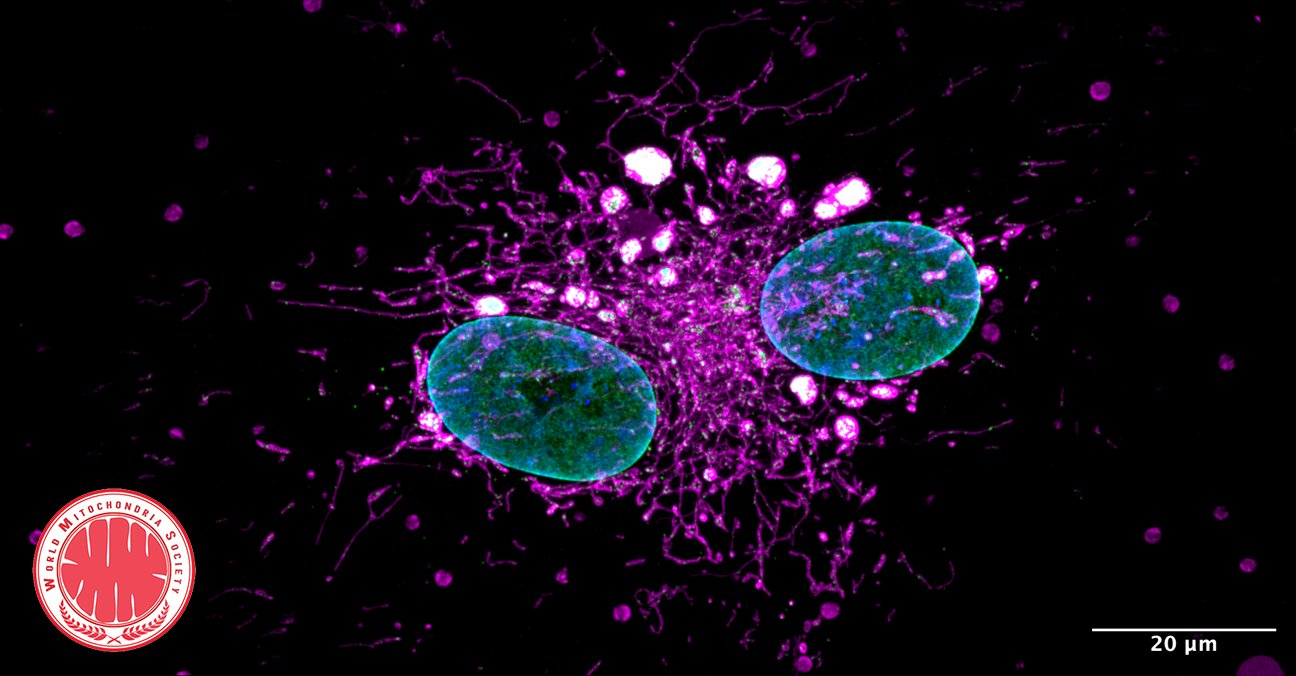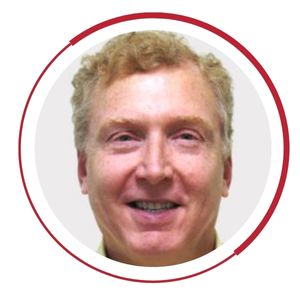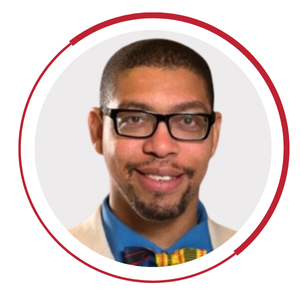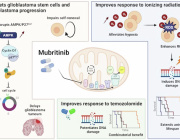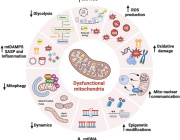Abstracts of Targeting Mitochondria 2024 are Published in the "Journal of Mitochondria, Plastids and Endosymbiosis"

It is a great pleasure to announce that all abstracts accepted at Targeting Mitochondria 2024 are now published in the journal by Taylor & Francis "Journal of Mitochondria, Plastids and Endosymbiosis" - with a DOI !
This publication serves as a lasting record of the innovative research and findings shared during the congress. All abstracts are accessible under a single DOI, ensuring easy reference and seamless access for researchers and professionals around the world.
Access the abstracts: https://doi.org/10.1080/28347056.2024.2422726.
New Workshop on Mitochondrial Transfer and Transplantation: From Bench to Bedside

The World Mitochondria Society is pleased to announce a hands-on workshop, “Mitochondrial Transfer and Transplantation: From Bench to Bedside,” led by Dr. Andrés Caicedo, a prominent faculty member at the Universidad San Francisco de Quito (USFQ) School of Medicine, Ecuador, and Vice President for South and Central America of the International Society for Cell & Gene Therapy (ISCT).
This workshop will be held on October 22, 2025, at the DoubleTree by Hilton Berlin, as part of the pre-congress activities for the Targeting Mitochondria 2025 Congress.
Building on the success of the traditional “Mitochondria Evaluation” Workshop conducted by Dr. Naig Gueguen, it offers an immersive and practical learning experience.
Participants will explore advanced techniques in studying horizontal mitochondrial transfer (HMT) between cells, the isolation and artificial transfer of mitochondria to other cells ex vivo, their reimplantation into hosts, and the methodologies behind mitochondrial transplantation. The session will also address therapeutic applications, key challenges, and future prospects in this innovative field.
Key points to Be Covered
1. How it works – Understanding mitochondrial transfer and transplantation.
2. Barriers and pitfalls to avoid – Challenges to navigate during the process.
3. Challenges and future perspectives – Emerging applications, issues and potential solutions.
4. Methods and tools – Supporting materials provided in the workshop book.
Supporting Material
1. Recorded Demonstrations – Key techniques for mitochondrial isolation and transplantation.
2. Case Studies and Applications – Real-world examples showcasing successful implementations in research and clinical settings.
3. Emerging Technologies – Innovative tools and methods reshaping the field of mitochondrial transfer and transplantation.
4. Interactive Q&A – A dedicated session for addressing specific questions, sharing challenges, and proposing solutions with expert input.
5. Workshop Book – Tangible takeaways for participants, including summaries of techniques, resources, publications and a certificate of participation.
6. Follow-up Webinars – Post-meeting sessions to track progress and share updates, fostering a sense of community within the WMS.
Brain Organoids for drug discovery of Mitochondrial Neurological Disorders
 It is a great pleasure to announce that Prof. Alessandro Prigione, active member or WMS scientific committee, Heinrich Heine University, Germany, will join Targeting Mitochondria 2025 as a major speaker.
It is a great pleasure to announce that Prof. Alessandro Prigione, active member or WMS scientific committee, Heinrich Heine University, Germany, will join Targeting Mitochondria 2025 as a major speaker.
Presentation Title: Brain Organoids for drug discovery of Mitochondrial Neurological Disorders.
Summary
Brain organoids are three dimensional structures that can be generated from pluripotent stem cells to model human neurodevelopemt.
In this talk, Prof. Prigione will describe how we can harness brain organoids to identify molecular targets and possible disease-modifying interventions for currently incurable mitochondrial and neurological diseases such as Huntington´s disease and Leigh syndrome.
Join Targeting Mitochondria 2025 to learn more about Prof. Prigione's interesting findings. You can submit a related abstract here.
World Mitochondria Society
Annual World Congress on Targeting Mitochondria
LinkedIn | Facebook
Mitochondria and Creatine: Perspectives and Strategies
 Dr. David Rizo Roca, Karolisnka Institutet, Sweden, will join the 16th World Congress on Targeting Mitochondria 2025 to tal about "Mitochondria and Creatine: Perspectives and Strategies".
Dr. David Rizo Roca, Karolisnka Institutet, Sweden, will join the 16th World Congress on Targeting Mitochondria 2025 to tal about "Mitochondria and Creatine: Perspectives and Strategies".
Summary
Creatine supplementation is widely used for its benefits in muscle performance and energy metabolism. However, recent research has linked elevated creatine levels with a higher risk of type 2 diabetes.
This talk will explore the relationship between creatine metabolism, insulin resistance, and mitochondrial function, highlighting key findings from the latest research.
World Mitochondria Society
Annual World Congress on Targeting Mitochondria
LinkedIn | Facebook
Fighting Fire with Fire: Boosting T Cell Therapy by Intercellular Mitochondrial Transfer
 It is a great pleasure to announce that Prof. Luca Gattinoni, Leibniz Institute for Immunotherapy, Germany, will join Targeting Mitochondria 2025 as a major speaker.
It is a great pleasure to announce that Prof. Luca Gattinoni, Leibniz Institute for Immunotherapy, Germany, will join Targeting Mitochondria 2025 as a major speaker.
Presentation Title: Fighting Fire with Fire: Boosting T Cell Therapy by Intercellular Mitochondrial Transfer.
Key Points
- Mitochondrial loss and dysfunction drive T cell exhaustion, representing major barriers to successful T cell-based immunotherapies.
- Bone marrow stromal cells (BMSCs) form nanotubular connections with T cells, enabling mitochondrial transfer into T cells.
- Transferred mitochondria enhance T cell mitochondrial mass and metabolic fitness.
- Mitochondria-boosted T cells exhibit resistance to exhaustion and demonstrate superior antitumor activity.
World Mitochondria Society
Annual World Congress on Targeting Mitochondria
LinkedIn | Facebook
Prof. Yosuke Togashi to Present Groundbreaking Insights on Mitochondrial Transfer and Immune Evasion in Cancer

Prof. Togashi’s upcoming lecture follows his landmark publication in Nature (February 2025), where his team uncovered a novel immune evasion mechanism in cancer: the direct transfer of mutated mitochondria from cancer cells to tumor-infiltrating T cells (TILs).
Why Prof. Togashi’s Contribution Is Strategic
- Discovery of Mitochondrial Transfer as an Immune Evasion Mechanism
Prof. Togashi and colleagues demonstrated that cancer cells transfer mutated mitochondria to tumor-infiltrating T cells (TILs), leading to functional impairment of the immune response. - Homoplasmic Replacement in T Cells
This transfer causes replacement of healthy T cell mitochondria with cancer-derived, mutation-bearing mitochondria—effectively sabotaging T cell metabolism, memory formation, and anti-tumor function. - Inhibition of Mitophagy via USP30
He uncovered that mitophagy-inhibitory molecules, especially USP30, are transferred along with the mitochondria, preventing the degradation of dysfunctional mitochondria in T cells. - Impact on Immunotherapy Resistance
The study linked mitochondrial transfer to poor response to immune checkpoint inhibitors (ICIs) in melanoma and lung cancer patients, providing a novel biomarker and therapeutic target to overcome resistance. - Therapeutic Reversibility
Blocking mitochondrial transfer or inhibiting USP30 restored T cell function, paving the way for new combinatory approaches to boost immunotherapy efficacy.
A New Era in Cancer Immunometabolism
Prof. Togashi’s insights underscore the critical need to rethink cancer metabolism and immune resistance at the mitochondrial level. His work bridges cancer biology, immunology, and mitochondrial medicine—a core mission of the Targeting Mitochondria community.
How Mitochondria Organize Their Powerhouse Machinery for Optimal Performance
 We are pleased to announce that Dr. Florent Waltz from the University of Basel, Switzerland, will be presenting at the Targeting Mitochondria 2025 congress in Berlin, Germany, on October 22-24, 2025.
We are pleased to announce that Dr. Florent Waltz from the University of Basel, Switzerland, will be presenting at the Targeting Mitochondria 2025 congress in Berlin, Germany, on October 22-24, 2025.
Dr. Waltz will share insights from his groundbreaking research on "How Mitochondria Organize Their Powerhouse Machinery for Optimal Performance" with a special focus on photosynthetic organisms.
Key Highlights:
- In Situ Visualization: Researchers employed advanced imaging techniques to observe the mitochondrial respiratory chain within intact cells, providing a detailed view of its native architecture.
- Respiratory Supercomplexes: The study offers insights into how respiratory complexes assemble into supercomplexes, which are crucial for efficient electron transport and energy production in cells.
- Functional Implications: Understanding the organization of these supercomplexes sheds light on their role in cellular metabolism and energy conversion, potentially informing research into mitochondrial-related diseases.
Perspective:
- Challenging previous assumptions: The findings challenge long-standing models that assumed a more fluid, random distribution of respiratory chain components in mitochondrial membranes.
- Biological relevance: By analyzing structures in situ, this study underscores the importance of studying macromolecular organization in native cellular contexts, rather than relying only on purified proteins.
- Broader implications: These insights are critical not only for basic mitochondrial biology but also for understanding mitochondrial dysfunction in aging, neurodegenerative diseases, and metabolic disorders.
- New model for mitochondrial function: This study supports a model in which the geometrical and biochemical compartmentalization within cristae contributes significantly to the efficiency of oxidative phosphorylation.
These findings enhance our comprehension of mitochondrial function and may have implications for addressing metabolic disorders linked to mitochondrial dysfunction.
About the Speaker:
Dr. Florent Waltz leads research at the University of Basel focusing on mitochondrial biology and evolution in photosynthetic organisms, particularly micro-algae. His laboratory employs state-of-the-art imaging technologies to reveal the intricate details of how these essential organelles function and adapt.
Development of Mitochondria-Based Therapeutic Strategies for Disease Treatment
 We are pleased to announce that Prof. Kosuke Kusamori from Tokyo University of Science, Japan, will be presenting his pioneering research on "Development of Mitochondria-Based Therapeutic Strategies for Disease Treatment."
We are pleased to announce that Prof. Kosuke Kusamori from Tokyo University of Science, Japan, will be presenting his pioneering research on "Development of Mitochondria-Based Therapeutic Strategies for Disease Treatment."
Summary
In recent years, the application of mitochondria isolated from cells for disease treatment has gained increasing attention, with their efficacy demonstrated in several diseases. However, the functions and characteristics of isolated mitochondria remain largely unknown, and their kinetics after administration into the body have yet to be fully elucidated.
Prof. Kusamori has been investigating the physical properties and in vivo kinetics of isolated mitochondria. In this talk, Prof. Kusamori will present his research on mitochondria-based therapeutic strategies aimed at advancing mitochondrial therapeutics.
World Mitochondria Society
Annual World Congress on Targeting Mitochondria
LinkedIn | Facebook

